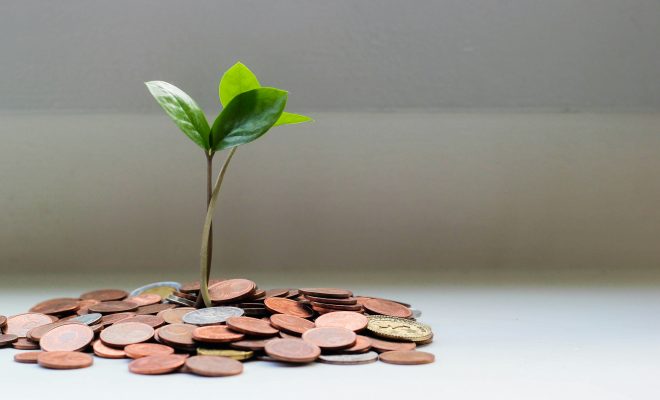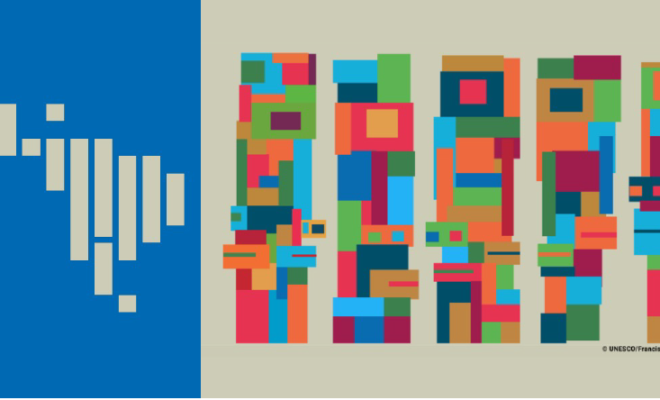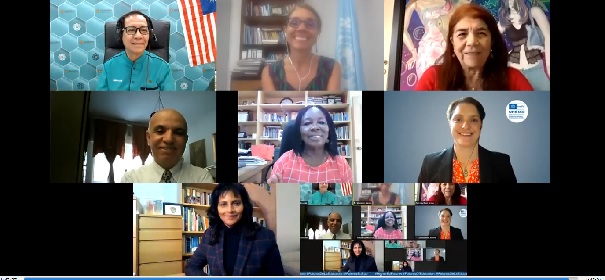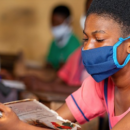International Women’s Day / Breaking ground: advances on the path towards gender equality in higher education leadership and STEM
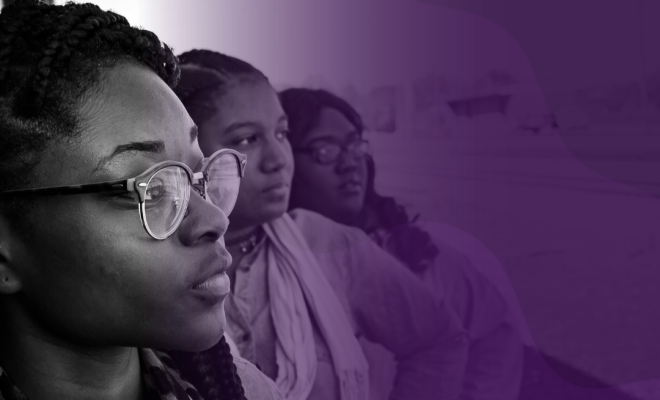
In a world beset by crises that put pressure on communities, gender equality becomes more crucial than ever. Securing the rights of women and girls in all aspects of life is the only route to sustainable development.
To celebrate International Women’s Day, UNESCO IESALC & UNESCO Regional Office for Southern Africa will be holding the online event “Breaking ground: advances on the path towards gender equality in higher education leadership and STEM”.
Questions and exchange will be around:
-How to ensure that the interventions implemented are sustainable and have a long-term impact on women’s inclusion in HE?
-What are some key challenges encountered in promoting women’s participation in HE leadership and STEM fields, and how to address them?
– What forward-looking initiatives or strategies are there to continue advancing the progress of women in HE leadership and STEM fields across Africa?
-How can partnerships between governments, universities, and the non-profit sector contribute to sustainable improvements in gender equity in HE?
Participants:
Francesc Pedró, Director, UNESCO IESALC; Nisha, Director, UNESCO Regional Office for Southern Africa, Harare; Daniele Vieira, Assistant Professor, Federal University of Pernambuco; Rovani Sigamoney, Education Programme Specialist, UNESCO Regional Office for Southern Africa; Martha Jez, Co-Founder/CEO Fair Chance Learning; Roberta Malee Bassett, Global Lead for Tertiary Education and Senior Education Specialist, World Bank; Peter Wells, Head of Education, UNESCO Regional Office of Southern Africa, Harare.
Date: 8 March 2024
Time: 9am (Caracas, UTC-4), 3 pm (Harare UTC+2)
Registration: here
Invest in women
This year’s theme for International Women’s Day is “Invest in Women, Accelerate Progress”.
A formidable obstacle to achieving gender equality by 2030 is the alarming lack of financing, with a staggering annual shortfall of $360 billion, according to UN Women.
Five areas where joint action is crucial if women are not to be left behind:
- Investing in women: a human rights imperative
Gender equality remains the greatest human rights challenge. Investing in women is a human rights imperative and the cornerstone for creating inclusive societies. Advances for women benefit everyone.
- End poverty
Since 2020, the COVID-19 pandemic, geopolitical conflicts, climate disasters and economic turbulence have pushed 75 million more people into extreme poverty. If this trend continues, 342 million women and girls could be living below the poverty line by 2030. Immediate action is crucial to prevent this.
- Implement transformative financing for gender equality
According to recent estimates, 75% of countries will maintain cuts in public spending by 2025 due to conflict and rising fuel and food prices. Austerity negatively affects women by reducing public spending on essential public services, care policies and social protection.
- Moving towards sustainable development and a care society
The current economic system exacerbates poverty, inequality and environmental degradation, disproportionately affecting women, especially those facing multiple discriminations. Women’s movements advocating alternative models propose moving towards a care society that preserves the environment and sustainability, amplifying women’s voices.
- Support feminisms that are driving change.
Feminist organisations are leading the fight against poverty and women’s inequality. However, they work with minimal resources, receiving only a meagre 0.13% of official development assistance.
RELATED ITEMS
